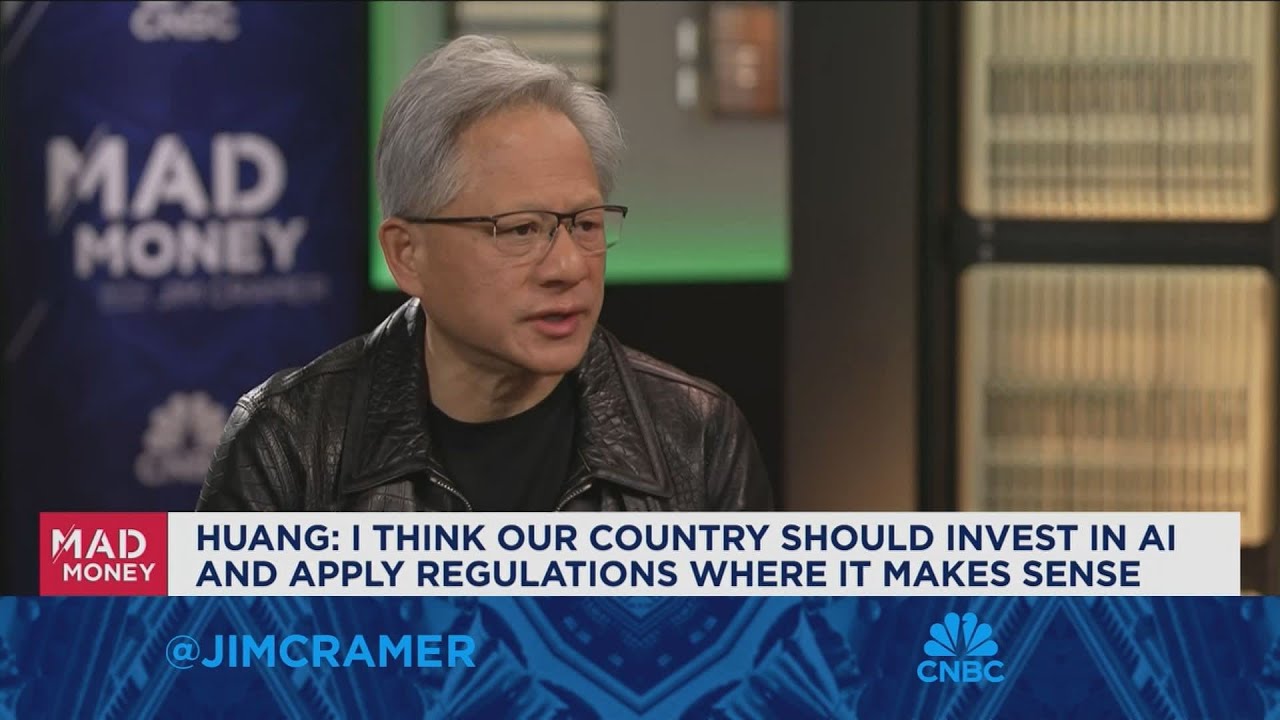In a recent interview, Nvidia CEO Jensen Huang emphasized the need for the U.S. to invest in AI infrastructure and promote its own technological advancements to maintain a competitive edge globally, particularly in light of developments in China. He highlighted the significance of AI’s reasoning capabilities and introduced Nvidia’s R1 reasoning model, expressing optimism about AI’s potential to transform industries and enhance productivity.
In a recent interview, Jensen Huang, the CEO of Nvidia, discussed the rapid advancements in artificial intelligence (AI) and the importance of foundational knowledge for AI systems. He emphasized that while current AI models can generate responses based on existing data, the true goal is to develop AI that can reason, solve problems, and learn independently. Huang highlighted that AI is beginning to demonstrate reasoning capabilities, allowing it to tackle complex problems such as mathematics and logic, which marks a significant leap in AI development.
Huang also addressed the role of the U.S. government in fostering AI innovation. He advocated for increased investment in AI infrastructure, suggesting that the country should build a strategic AI reserve similar to those for other technologies. He believes that by investing in AI, the U.S. can ensure that its scientists and industries have access to the necessary tools to advance AI technology, thereby maintaining a competitive edge on the global stage.
The conversation touched on the geopolitical landscape surrounding AI development, particularly in relation to China. Huang argued that rather than trying to hinder other countries’ advancements in AI, the U.S. should focus on promoting its own technology and standards. He stressed the importance of creating conditions that allow American companies to lead in AI development, emphasizing the need for collaboration and investment in education and startups.
Huang also discussed Nvidia’s recent developments, including the introduction of the R1 reasoning model, which he described as a groundbreaking open-source AI capable of complex reasoning tasks. He explained that this model requires significantly more computational power than traditional AI, highlighting the growing demand for AI infrastructure. Nvidia is working with various partners to expand AI capabilities across different industries, including enterprise IT and robotics.
Finally, Huang expressed optimism about the future of AI, noting that advancements are occurring at an unprecedented pace. He described a world where AI can perform tasks that require reasoning, such as operating robots in everyday scenarios. As AI technology continues to evolve, Huang believes it will play a foundational role in transforming industries and enhancing productivity, ultimately shaping the future of work and daily life.
